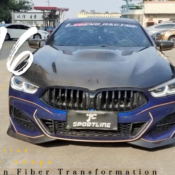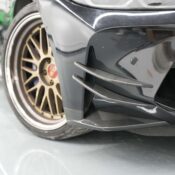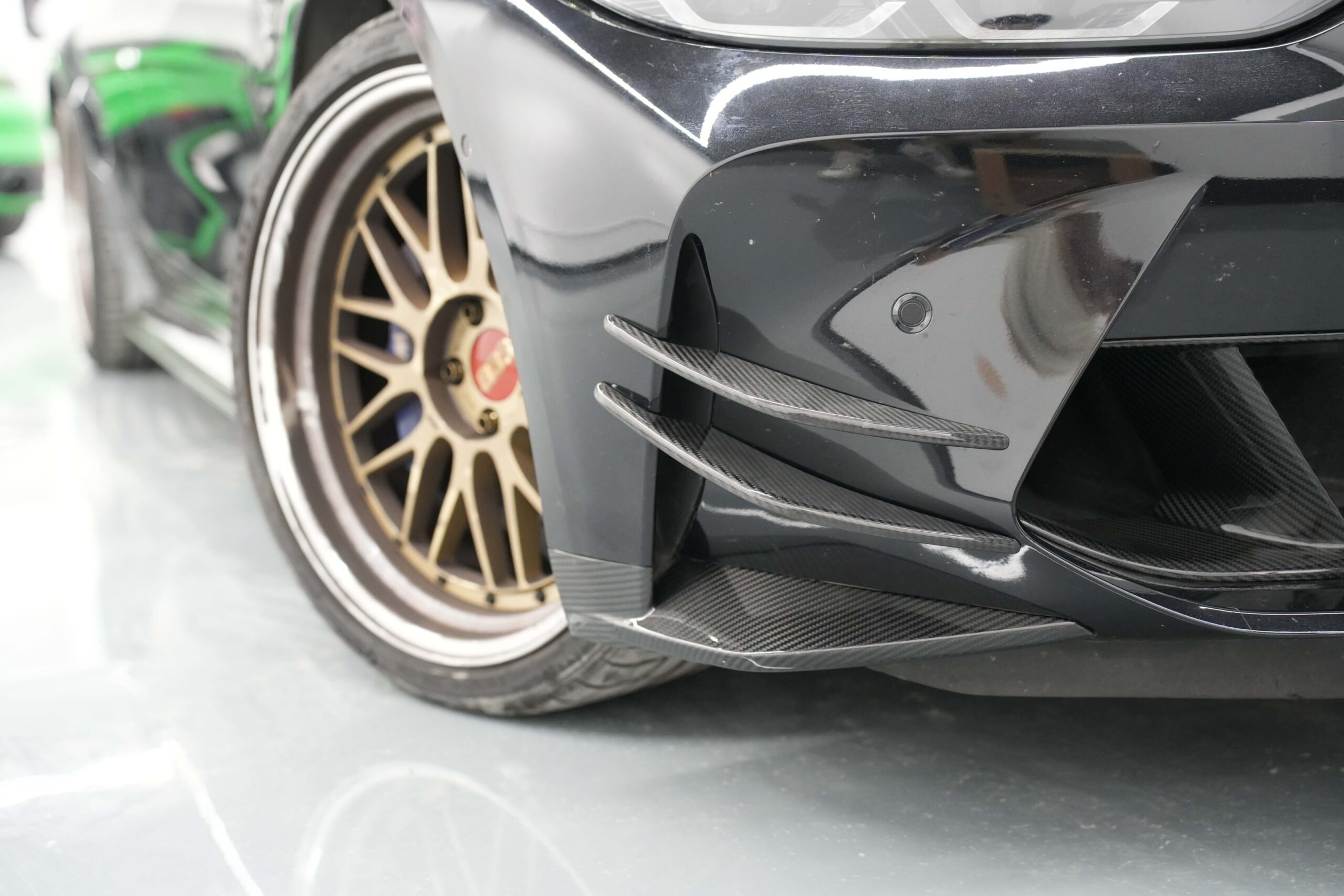
How JCSPORTLINE Handles Quality Issues in Carbon Fiber Products
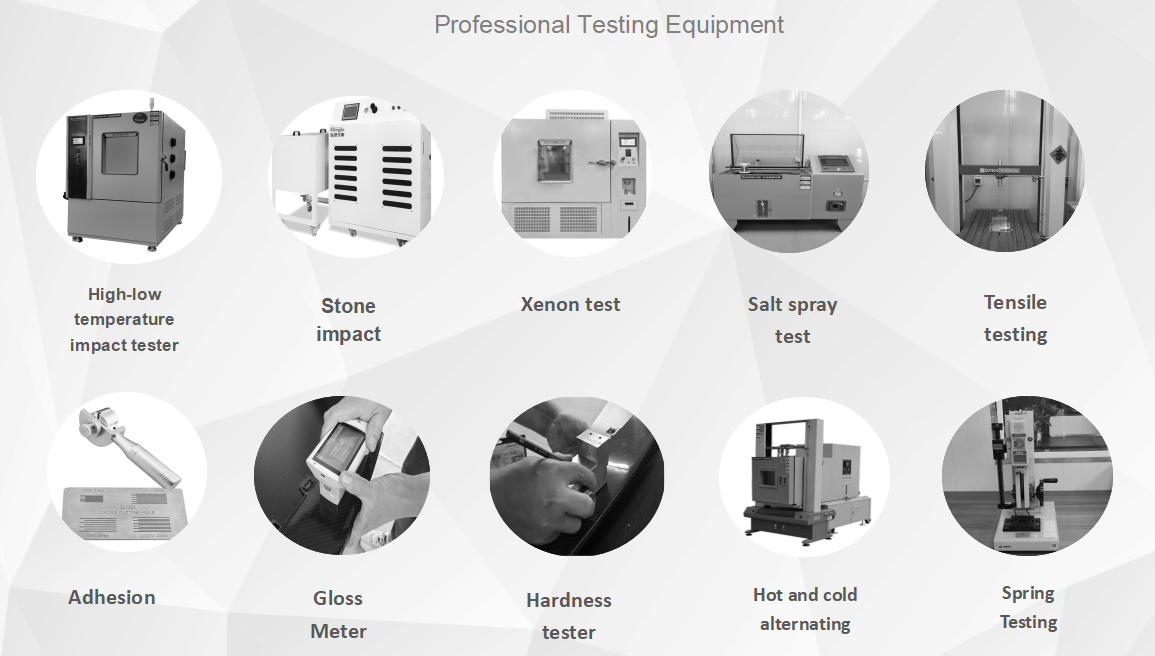 When it comes to carbon fiber and carbon fiber materials, quality control is crucial. Customers often ask: “What happens if a part doesn’t meet expectations?”
At JCSPORTLINE, a leading supplier of composite materials for the automotive industry and aerospace industry, we take carbon fiber quality seriously. Every component goes through a rigorous manufacturing process, including filament winding, carbon fiber molding, and advanced molding processes, to ensure the final product is durable, light weight, and meets high mechanical properties standards.
When it comes to carbon fiber and carbon fiber materials, quality control is crucial. Customers often ask: “What happens if a part doesn’t meet expectations?”
At JCSPORTLINE, a leading supplier of composite materials for the automotive industry and aerospace industry, we take carbon fiber quality seriously. Every component goes through a rigorous manufacturing process, including filament winding, carbon fiber molding, and advanced molding processes, to ensure the final product is durable, light weight, and meets high mechanical properties standards.
Step 1: Careful Evaluation by Our Technical Team for Carbon Fiber Quality
Each reported issue is first evaluated by our technical team.- We inspect fiber orientation, resin quality, and structural parts using non-destructive testing (NDT methods) such as ultrasonic testing, radiographic testing, and eddy current testing.
- The goal is to ensure every thermoset composite or carbon fiber material component maintains tensile strength, compressive strength, and overall structural integrity.
- Proper process control during existing processes ensures that defects are identified early, safeguarding the mechanical properties and stiffness of the final parts.
Step 2: Fixable Issues in Carbon Fiber Parts and Composite Materials
If issues can be corrected during production:- Minor surface defects or fiber orientation irregularities are repaired using the best techniques within the molding process or filament winding steps.
- This approach ensures light weight, high strength carbon fiber components without compromising durable performance.
- By leveraging latest technology and cost-effective methods, even structural parts for large areas maintain their temperature resistance and stiffness.
Step 3: Irreparable Issues in Carbon Fiber Molding and Molding Process
Some issues cannot be corrected, such as:- Uneven fiber distribution or mold defects
- Trimming or cutting errors affecting structural integrity
- The quality control team organizes scrapping of affected carbon fiber parts.
- Only high-quality, mechanically sound final products leave our facility.
Why Choose JCSPORTLINE for Quality Control in Carbon Fiber Parts
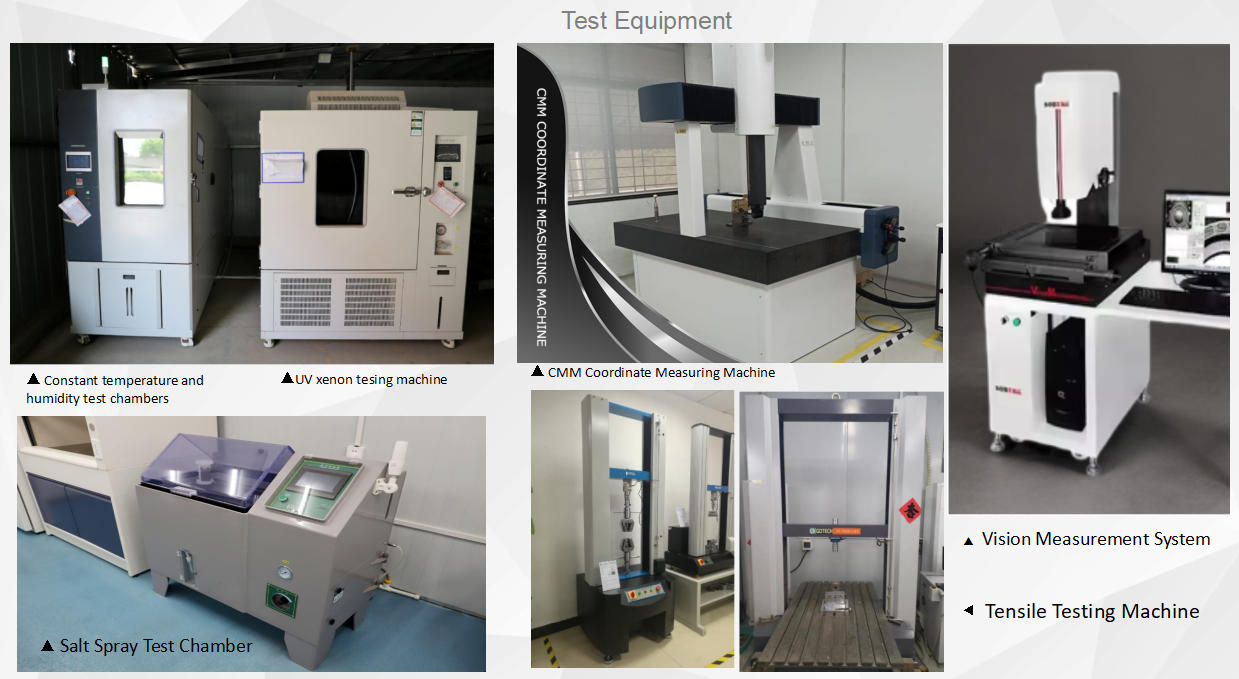
- Strict quality control: Every issue is carefully monitored using common methods and non-destructive testing to ensure structural parts meet specifications.
- Transparency and reliability: Customers understand our process control and manufacturing technologies, giving confidence in every final product.
- Consistent high-quality results: Both small-batch and mass production maintain tensile strength, compressive strength, and mechanical properties.
- Versatility: Our processes support automotive, aerospace, and other industries requiring thermoset composites, carbon fiber materials, and high-performance structures.
Ensuring Quality Assurance through Filament Winding and Non-Destructive Testing
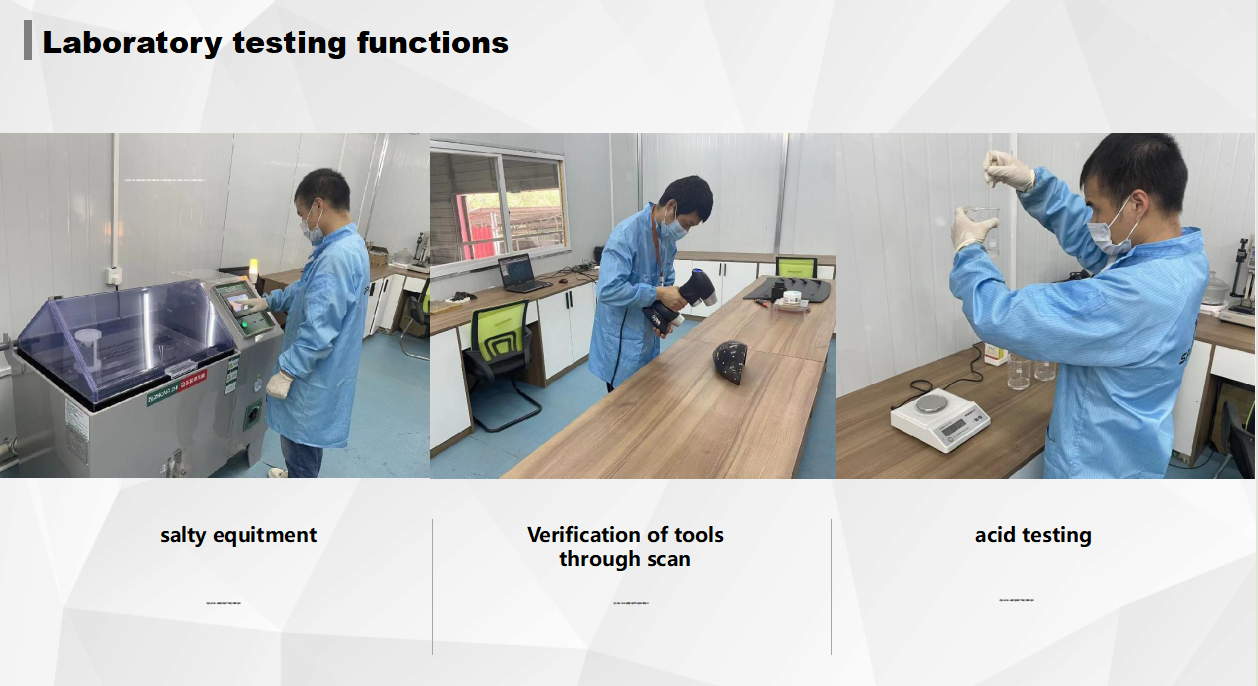 A car modification shop orders structural parts for 8 vehicle models per year. Each model initially requires 20 sets of carbon fiber parts.
A car modification shop orders structural parts for 8 vehicle models per year. Each model initially requires 20 sets of carbon fiber parts.
- Using advanced molding process, filament winding, and strict process control, JCSPORTLINE produces light weight, durable, and high-strength components.
- Non-destructive testing (NDT methods) ensures structural integrity, tensile strength, and mechanical properties meet industry standards.
- Even low-volume production benefits from best techniques and latest technology, reducing waste and ensuring consistent quality assurance.
Conclusion: Reliable Carbon Fiber Components with Several Advantages
 At JCSPORTLINE, every step of the manufacturing process plays a crucial role in producing durable, light weight, and high-performance carbon fiber parts.
At JCSPORTLINE, every step of the manufacturing process plays a crucial role in producing durable, light weight, and high-performance carbon fiber parts.
- From inspection, filament winding, to carbon fiber molding, we apply process control, non-destructive testing, and advanced manufacturing technologies to ensure final products meet high tensile strength, compressive strength, and mechanical properties.
- Our methods enable weight reduction, structural integrity, and performance in high temperatures, making our carbon fiber materials an ideal choice for the automotive industry, aerospace, and other applications requiring thermoset composites.
Recent Posts
jcsportline.com0 Comments
Ultimate Arbon Fiber Care Guide: Keep the Shine and Extend Lifespan
jcsportline.com0 Comments
Carbon Fiber Parts vs. Regular Car Mods: Which Material Is Worth Your Investment?
jcsportline.com0 Comments
How JCSPORTLINE Handles Quality Issues in Carbon Fiber Products
Tags
adhesive layer control
Automotive Aftermarket
automotive composites
Brand Reputation
carbon fiber case study
Carbon Fiber Durability
carbon fiber engineering
carbon fiber failure prevention
carbon fiber for racing
carbon fiber interior
carbon fiber parts
Carbon Fiber Precision
carbon fiber production tips
carbon fiber prototype
Carbon Fiber QC
carbon fiber quality
carbon fiber simulation
carbon fiber vs aesthetics
carbon fibre
composite part development
custom carbon parts
DIY Installation
fake carbon fiber
Fitment Accuracy
fitment issues
functional carbon fiber parts
layup angle
Manufacturing Tolerances
motorsport carbon fiber
Mounting Point Failure
OEM Standards
original structure
Precision Manufacturing
Private Label Manufacturing
Quality Control Process
real carbon
real carbon fiber
resin flow control
Screw Hole Alignment
stress test carbon fiber
Supplier Reliability
Thread Quality
tuning shop carbon parts
User Experience
±0.3mm Tolerance

